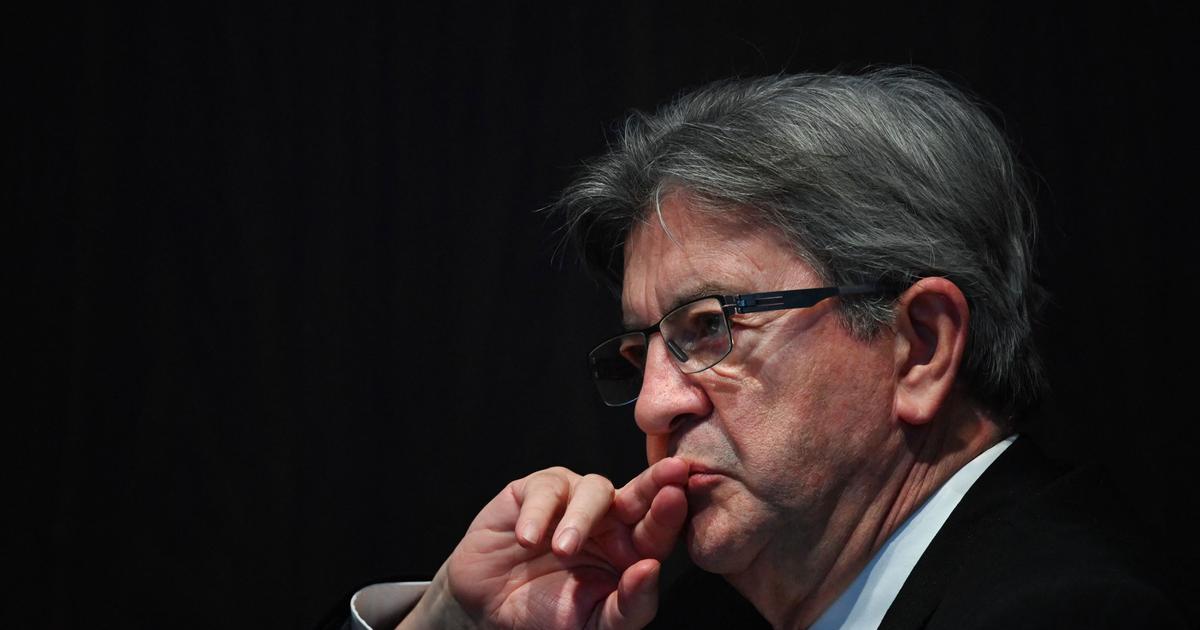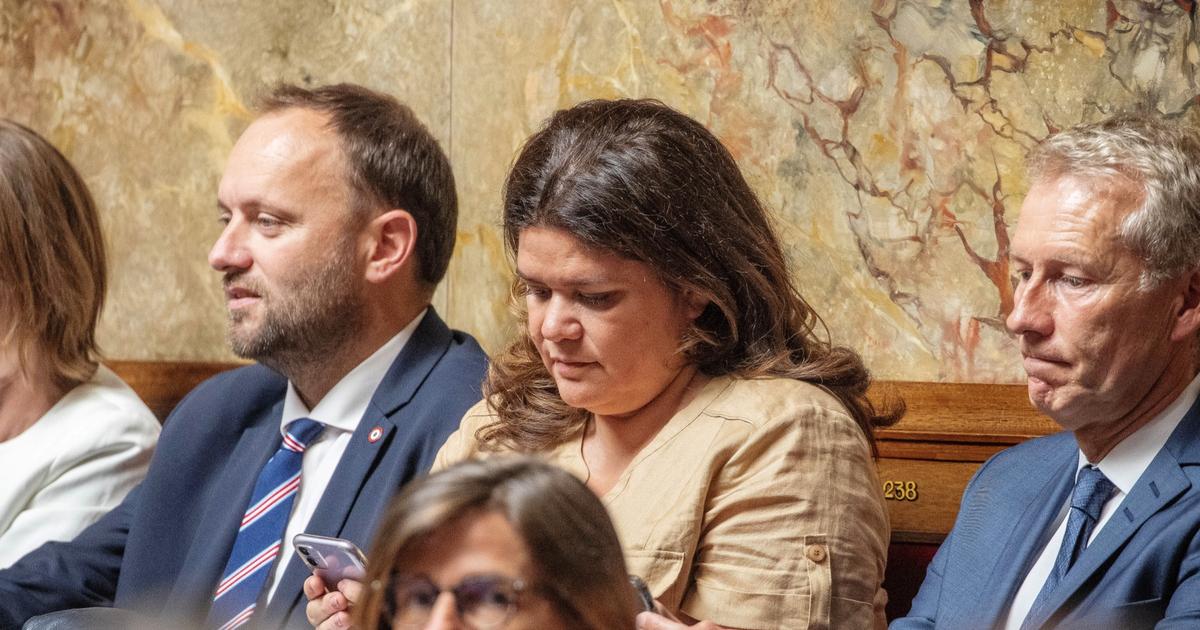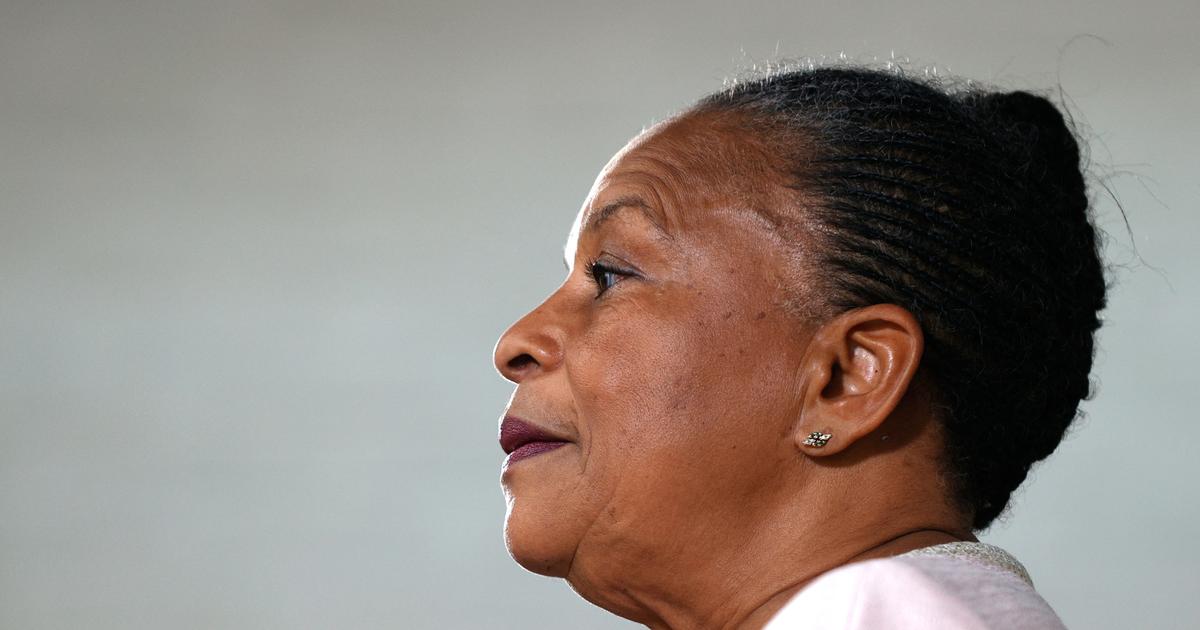Paul Melun is an essayist and president of “Souverains Demain
!”.
He recently published
Sovereigns tomorrow: manifesto for an independent, ecological and innovative France.
(ed. Marie B., 2021), a collective work.
FIGAROVOX. - Organized in the form of a "gaseous" movement, rebellious France actually has, according to information from the Parisian, only three members in the legal sense. What do you think this says about how this movement works?
Paul MELUN. -
On the benches of trade union or political organizations, we learn from an early age to "lock" our movement.
A veritable ba-ba of partisan activism, it is a common practice, the aim of which is to prevent "entryism", that is to say the seizure of power by new members over the founders of the party. .
Old recipe of political parties, left and right, the drafting of undemocratic and frankly vertical statutes has been a constant for a very long time.
Like the central committee of the Communist Party in the past, most political offices are particularly closed cenacles, inaccessible to simple militants, and very powerful, allowing them to set the orientations of the movements.
Part of the disaffiliation of citizens from parties probably lies in this structural denial of democracy.
Read alsoDussopt treated as an “assassin” by an LFI deputy: “We receive repeated insults”, protests Alexis Corbière
With the exception of Emmanuel Macron, who came to power without a traditional political party, the partisan structure remains essential to anyone claiming to govern France.
A fine connoisseur of the Fifth Republic and aware of the weight of political parties - having made his career in the Socialist Party - Jean-Luc Mélenchon was keen to design rebellious France as an impregnable fortress, dedicated to his accession to power.
To join the association, you must contribute and then be approved by the majority of "three quarters" of the office, according to
Le Parisien
.
“In other words, it is securely locked,” explains the daily.
Do you see a contradiction with LFI's desire for more direct democracy?
Obviously yes.
But more generally, party lockdown is a profound denial of democracy.
If it is necessary to go through a partisan structure to access responsibilities, but these are inaccessible to the people, the political contract with the citizens is damaged.
That a left-wing party, allegedly concerned with direct democracy, promoter of the Sixth Republic and of the constituent assembly, should be so vertical in its operation is very worrying.
Paul Melun
This denial of democracy is even more worrying when it concerns France Insoumise.
Indeed, Jean-Luc Mélenchon and his relatives claim to be those who best embody popular sovereignty in the political landscape.
That a left-wing party, allegedly concerned with direct democracy, promoter of the Sixth Republic and of the constituent assembly, should be so vertical in its operation is very worrying.
What credit to give to the word of a man, Jean-Luc Mélenchon, who claims to democratically govern the country, while he is unable to do the same in his own party?
The omnipresence of the leader of the rebels, his stranglehold on party executives and his control of elected LFI for years, illustrates an incarnation of power that has nothing to do with the great elementary principles of democracy.
Recently, a split took place internally and with part of the militant base concerning the mode of operation of the party which some do not consider democratic enough. Should we see a simple political quarrel, as elsewhere, or a broader crisis?
This split reveals a double crisis.
The first is internal to France Insoumise.
It is due to the growing dissensions between the new militants, who legitimately aspire to greater internal democracy, in the face of executives forming the first circle of Jean-Luc Mélenchon, who protect their place as much as that of their leader.
The second crisis is much more important and concerns all French people.
Today, most mainstream mainstream parties act as repellents to political engagement.
Only 16% of French people say they have confidence in political parties, and abstention is gaining ground poll after poll.
The Fifth Republic achieved the feat of linking the powerful French aspiration for direct democracy, reconciling it with the need for political verticality.
Paul Melun
Decades of internal quarrels, clan locks and shenanigans of all kinds have completed the discrediting of political parties in the eyes of the people.
From now on, the political crisis is superimposed on other crises and continues to deteriorate the social contract which governs French society.
By its attitude, LFI adds a nail in the coffin of an already badly damaged democracy.
Isn't a certain verticality necessary for a party if it wants to come to power?
In a certain way yes, but this must be based on a clear and democratic contract between the militant base and the leaders of the party.
In this case, this is not the case of France Insoumise.
The Fifth Republic achieved the feat of linking the powerful French aspiration for direct democracy, by reconciling it with the need for political verticality, dear to the collective memory of the French who hardly forget Louis XIV, Bonaparte, or de Gaulle.
Read also Pension reform: from the RN to LFI, each camp has appointed the elected officials who will lead the “fight” day and night
If it wants to last, a political party cannot do without a powerful incarnation, articulated around an organized collective.
To gain power, nothing should be ignored of the French tradition of the “providential man”.
This is the whole paradox of Jean-Luc Mélenchon, who fully embodies verticality in politics, while claiming to break with it for years.
A form of cognitive dissonance in short.









